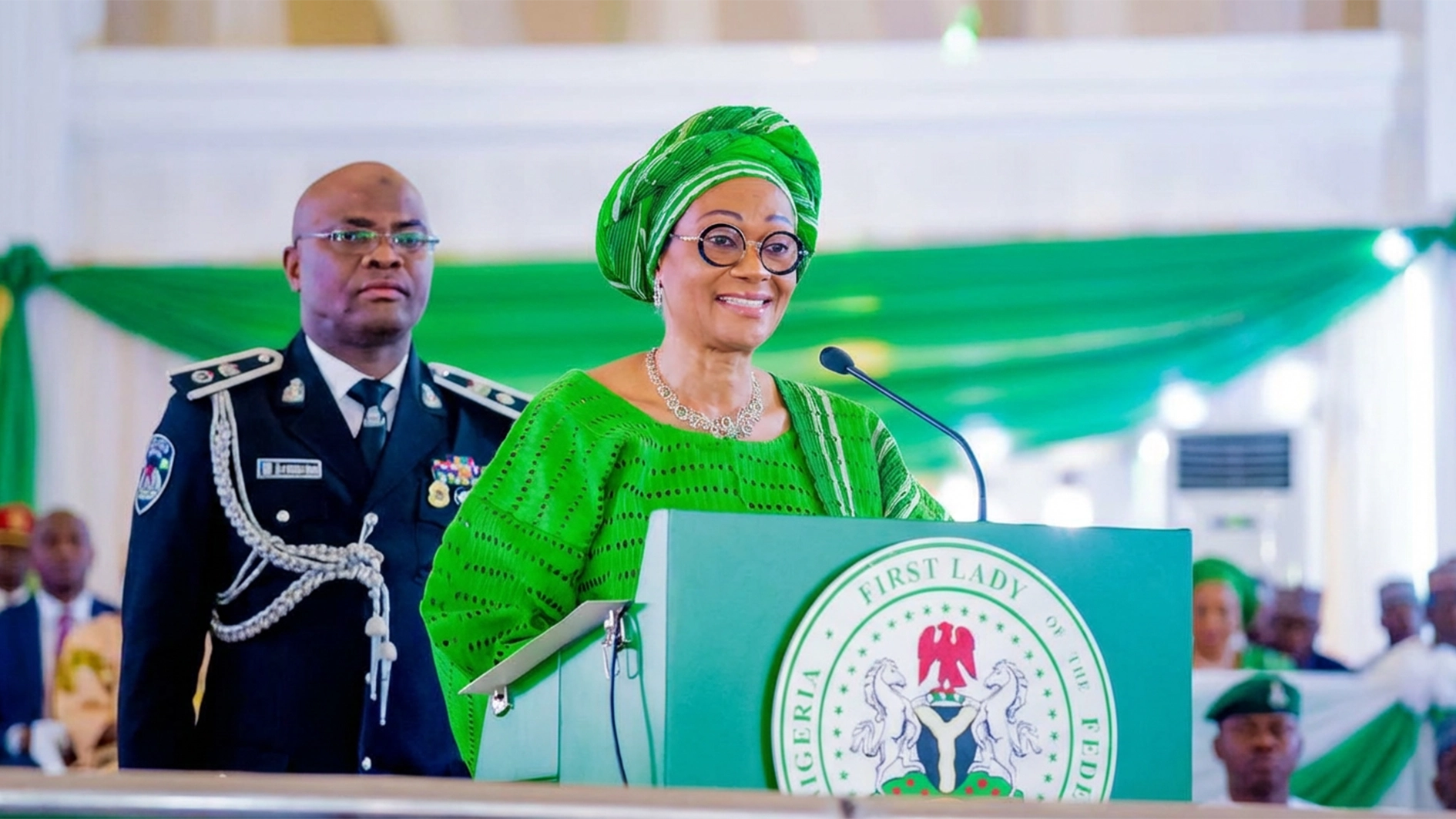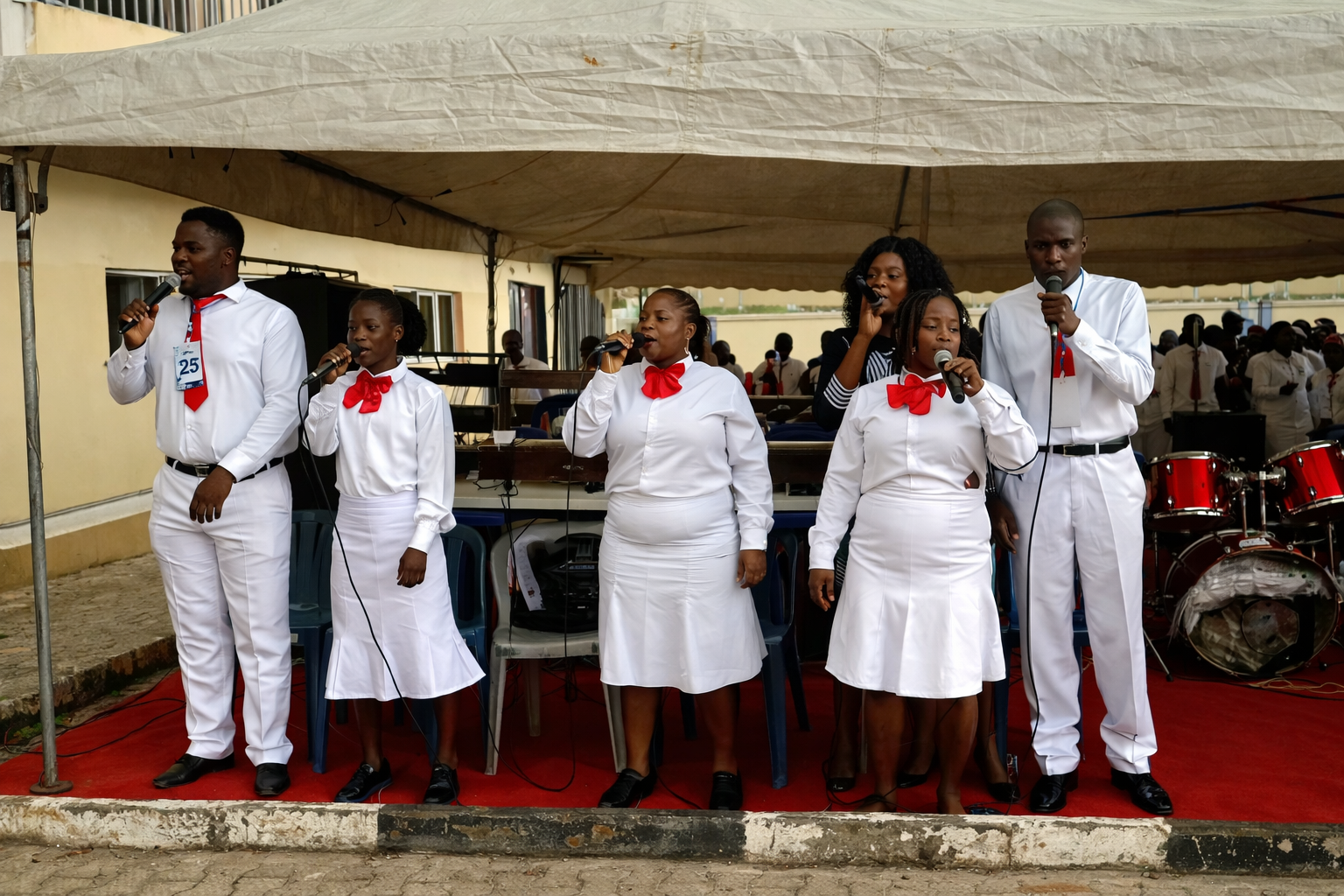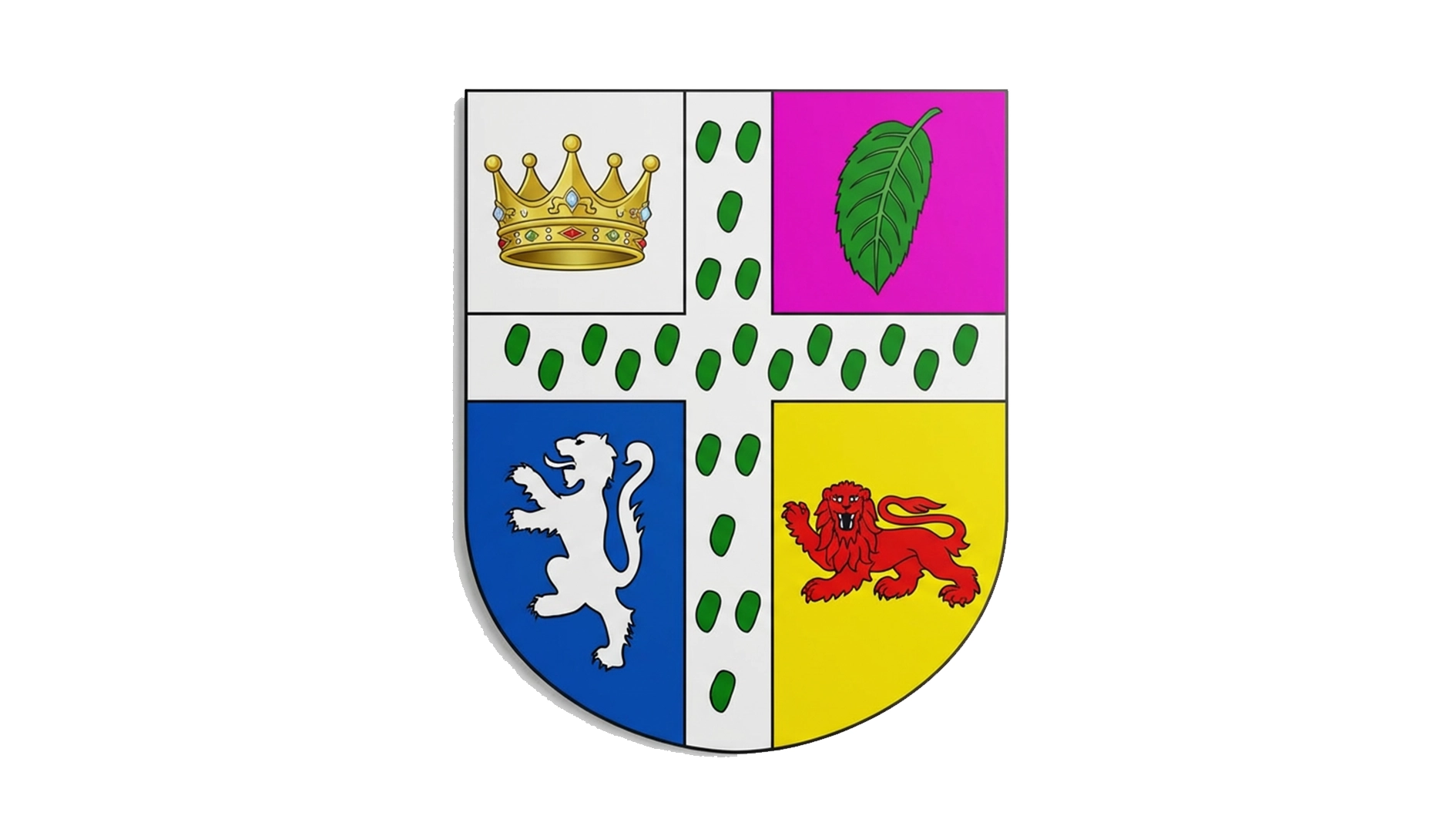Kano State has deployed 588 students to 13 northern states as part of its Students Exchange Programme for the 2025/2026 academic session, the state government announced on Thursday. The programme aims to promote unity, mutual understanding, and cultural exchange among students across northern Nigeria.
The students have been posted to Adamawa, Bauchi, Gombe, Jigawa, Katsina, Kebbi, Taraba, and Nasarawa states.
Also, students were sent to Yobe, Kaduna, Sokoto, Borno, and Kwara states, where they have reportedly arrived safely. Another 78 students are scheduled to depart for Niger and Benue states on September 30, 2025.
The programme, which covers 19 northern states, was established to enable students to interact with peers from different regions, broadening their educational and social experiences while fostering cohesion across communities. According to the Director of Public Enlightenment at the Kano Ministry of Education, Balarabe Abdullahi Kiru, the statement about the deployment emphasised careful planning and organised transportation.
Speaking to journalists after the departure, Kano State Commissioner of Education, Dr. Ali Haruna Makoda, represented by the Director of Monitoring and Evaluation, Auwal Muhammad Mustapha, highlighted the government’s support for the initiative.
“His Excellency, the Governor, is providing all the necessary logistics and financial support to facilitate our work and ensure that students are transported safely to their respective states,” Mustapha said.
Mustapha also acknowledged the role of parents and community stakeholders in the programme’s execution, describing their cooperation as essential to its success.
He noted that the initiative demonstrates Kano State’s ongoing commitment to enhancing educational collaboration and cultural exchange across northern Nigeria, providing students with opportunities to experience diverse social and academic environments.
Over the years, the Students Exchange Programme has enabled thousands of students to gain exposure to different cultures and social settings, contributing to a broader understanding of national unity and regional diversity.






